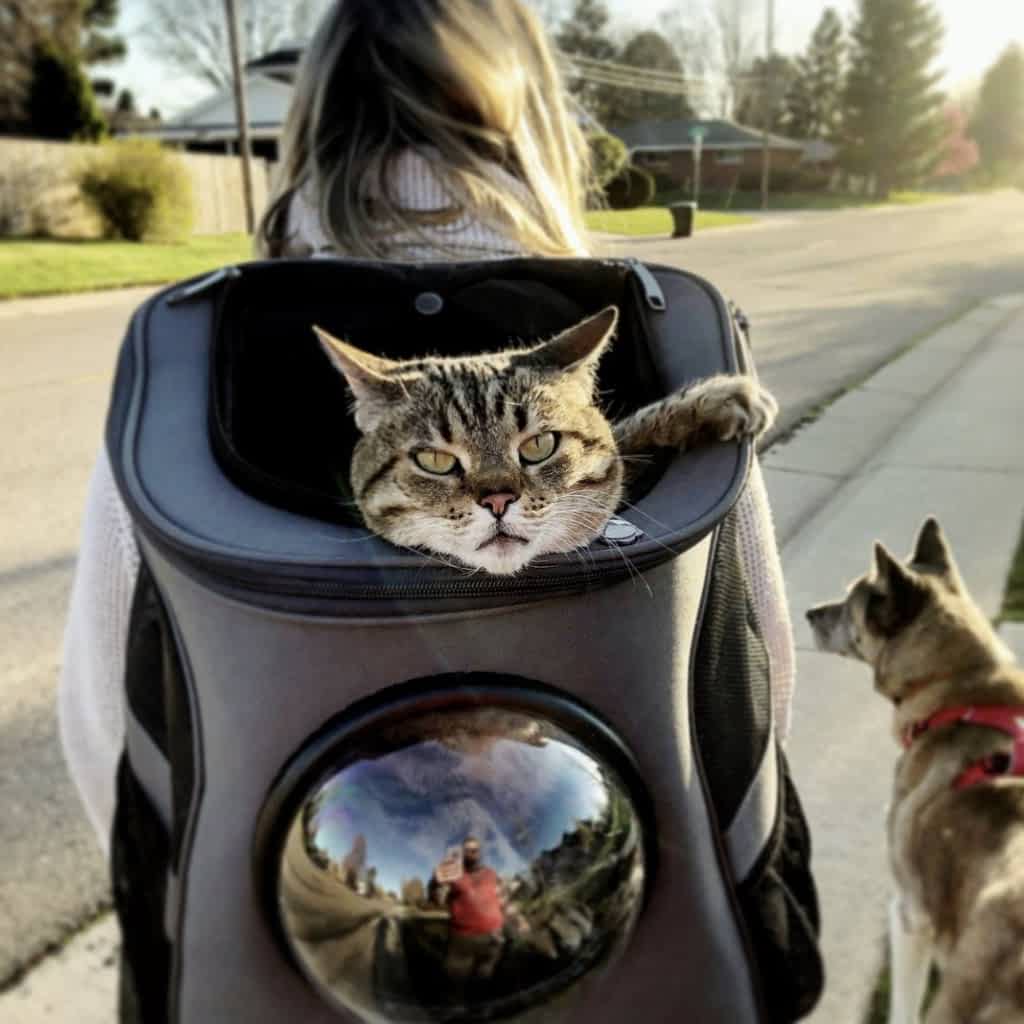Managing Cat Litter When You're Expecting.
Managing Cat Litter When You're Expecting.
Blog Article

Anticipating a kid is a jubilant occasion, however it likewise includes a myriad of responsibilities and considerations, specifically for animal owners. Amongst the many concerns that emerge during pregnancy, one that typically flies under the radar is the issue of cat litter. While relatively harmless, cat litter can pose dangers to pregnant females and their unborn babies if not dealt with properly. In this short article, we explore the important info every expectant mom who owns a cat ought to understand to make sure a safe and healthy pregnancy.
The primary worry about cat litter throughout pregnancy depends on its association with toxoplasmosis, a parasitic infection triggered by the Toxoplasma gondii parasite. Cats, especially those who hang out outdoors, can become infected with this parasite by hunting and consuming contaminated victim or by entering into contact with contaminated soil. When contaminated, felines can shed the parasite in their feces for a quick period, generally one to 2 weeks, which is when they end up being providers of the illness.
Toxoplasmosis itself might not cause any symptoms in healthy individuals, but it can have serious effects for pregnant females and their unborn babies if contracted during pregnancy. The parasite can be transferred to people through unintentional intake of infected feline feces, soil, or undercooked meat containing the parasite's cysts. In pregnant women, toxoplasmosis can result in miscarriage, stillbirth, or hereditary impairments in the infant, such as hearing loss, vision problems, or intellectual specials needs.
Offered the possible threats related to toxoplasmosis, pregnant women are often advised to take precautions when handling cat litter. Here are some essential steps to minimize the risk of infection:
If possible, ask a partner, relative, or friend to take over the job of cleaning up the litter box throughout pregnancy. This minimizes direct exposure to feline feces, reducing the danger of infection.
If you should clean the litter box yourself, wear non reusable gloves and a mask to avoid direct contact with the feces and inhalation of air-borne particles.
Guarantee the litter box is cleaned daily. The Toxoplasma gondii parasite requires a cat litter box period of one to five days to end up being transmittable after being shed in feline feces. Prompt removal of feces minimizes the chance of transmission.
After managing cat litter or cleaning up the litter box, wash your hands Self Cleaning Litter Boxes thoroughly with soap and water to remove any possible contamination.
Avoid gardening or dealing with soil, especially without gloves, as it may consist of Toxoplasma gondii cysts from feline feces.
To decrease the risk of contracting toxoplasmosis from food, ensure all meat is prepared thoroughly to kill any parasites present.
n addition to taking preventative measures when managing cat litter, pregnant ladies may likewise think about switching to alternative litter alternatives that present minimal risk. Here are some options to conventional clay-based cat litter:
Silica gel litter is highly absorbent and successfully controls odor. It postures a lower danger of harboring parasites compared to clay-based litter.
Litters made from natural materials such as recycled paper, wood pellets, or corn are eco-friendly and ecologically friendly. These litters are typically thought about safe for pregnant ladies to handle.
Litters obtained from plant-based materials like wheat, corn, or pine provide an environmentally friendly option to conventional clay litter. They are devoid of damaging chemicals and are safe for pregnant women and their family pets.
Just like any issues throughout pregnancy, it's crucial to consult your health care service provider for tailored recommendations and recommendations. If you have any concerns or uncertainties concerning cat litter and its potential dangers, do not be reluctant to discuss them with your obstetrician or midwife. They can supply guidance customized to your specific circumstances and assist reduce any concerns you might have.
While owning a cat can bring enormous pleasure and companionship, it's necessary for pregnant women to be mindful of the potential dangers related to cat litter and cat litter tray take appropriate preventative measures to safeguard their health and the health of their unborn kid. By following easy standards and seeking guidance from doctor, expectant mothers can browse this aspect of pet ownership safely and delight in a carefree pregnancy alongside their feline buddies.